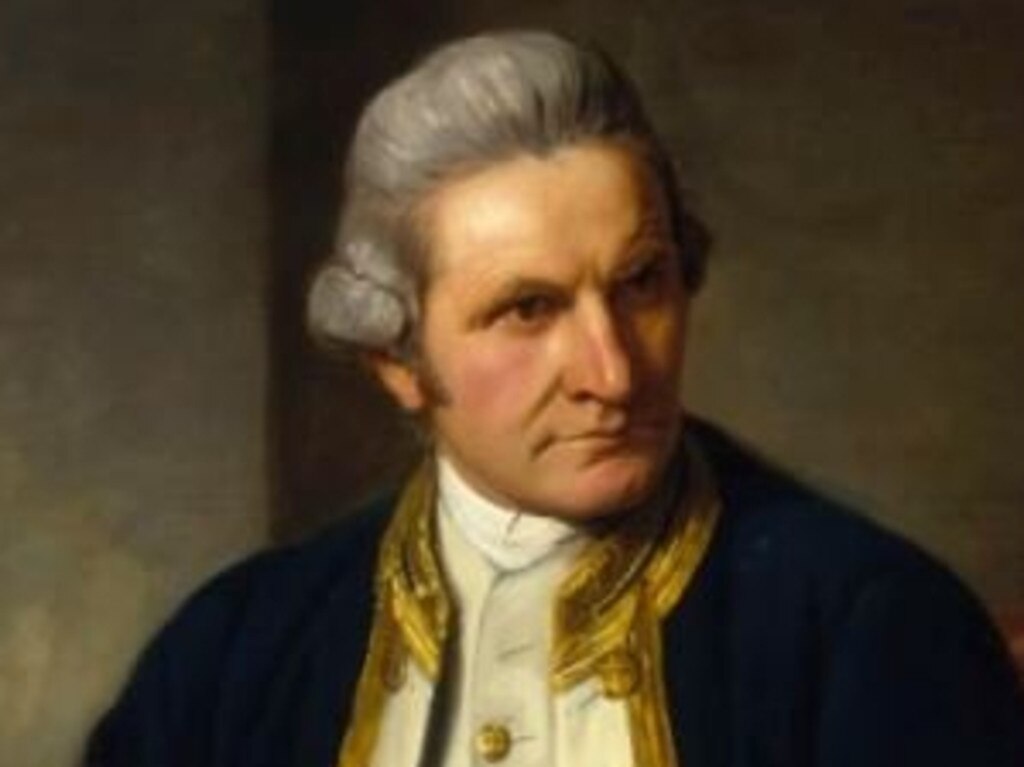Oxford University’s Oriel College recommends removal of Cecil John Rhodes statue
Oxford’s Oriel College recommends the statue of one of its most generous benefactors be removed.

Cecil Rhodes will fall. That was the decision of Oxford’s Oriel College on Wednesday, recommending the controversial statue of one of the college’s most generous benefactors, Cecil Rhodes, be removed following renewed protests about his colonialist past.
The decision comes after a five-year “Rhodes Must Fall” student campaign led, ironically, by at least one Rhodes scholar. In the past fortnight, the issue was resurrected by Black Lives Matter protesters who also threw a statue of Bristol slave trader Edward Colston into Bristol harbour.
“The Governing Body of Oriel College has today voted to launch an independent Commission of Inquiry into the key issues surrounding the Rhodes statue,” an Oriel College statement said.
“They also expressed their wish to remove the statue of Cecil Rhodes and the King Edward Street Plaque. This is what they intend to convey to the Independent Commission of Inquiry.
“Both of these decisions were reached after a thoughtful period of debate and reflection, and with the full awareness of the impact these decisions are likely to have in Britain and around the world.”

Rhodes, who attended the college in the 1870s and died in 1902, left a substantial sum in his will to benefit overseas students through the Rhodes scholarship. About 8000 international students have received the scholarship including Australian politicians Tony Abbott, Kim Beazley and Malcolm Turnbull.
The college said in addition to “the issue of the Rhodes legacy”, the inquiry would explore “how to improve access and attendance of BAME undergraduate, graduate students and faculty, together with a review of how the College’s 21st Century commitment to diversity can sit more easily with its past”.
It added: “The commission is intending to draw upon the greatest possible breadth and depth of experience, opinion and background.”

UK Universities minister Michelle Donelan said people should remember and learn from history rather than “edit” the past.
“Recent actions, such as renaming buildings named after Gladstone or campaigns to remove the statue of Rhodes, I think, are quite shortsighted,” she said.
“I want to be really clear that racism is abhorrent and shouldn’t be tolerated anywhere in our society, and that includes universities.”
Just last week the vice-chancellor of Oxford University, Louise Richardson, warned about hiding history, rather than confronting the values held by people in the past.
A Rhodes scholar involved in the campaign to have Rhodes statue removed, Ndjodi Ndeunyema, said during last week’s protests: “The glorification of him through his statue remaining here is an affront on the university’s support for movements such as Black Lives Matter. Rhodes is not worthy of veneration or glorification because of the racism and subjugation he represents.”
In 2016, the university voted to keep the statue in place after donors threatened to withdraw gifts and bequests estimated to be worth more than $A200m if it was taken down.






To join the conversation, please log in. Don't have an account? Register
Join the conversation, you are commenting as Logout